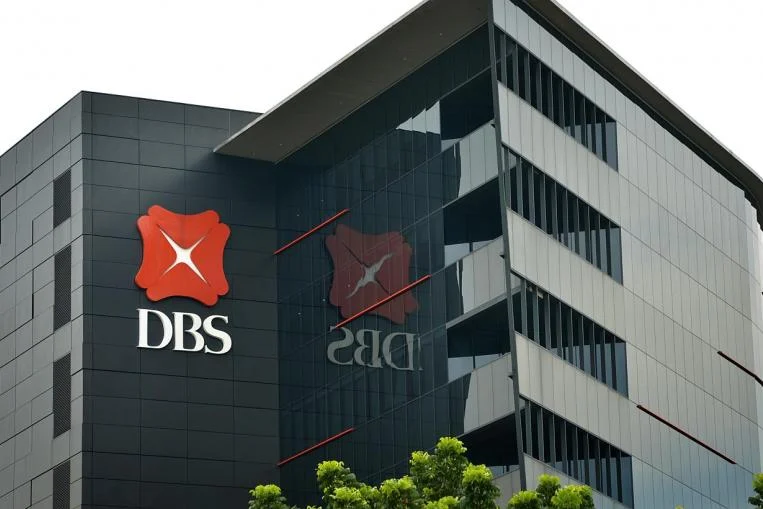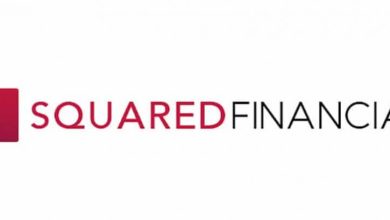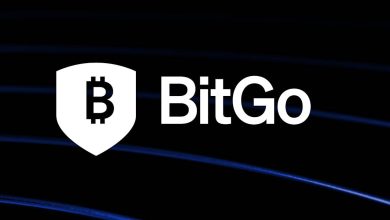DBS Bank Partners with Franklin Templeton and Ripple on Tokenized Money Market Fund


Singapore’s DBS Bank has announced a landmark partnership with Franklin Templeton and Ripple, bringing together traditional finance and blockchain innovation to expand the use of tokenized financial instruments for institutional investors. The collaboration integrates Franklin Templeton’s tokenized U.S. dollar money market fund, Ripple’s RLUSD stablecoin, and the DBS Digital platform (DDEx), creating new liquidity and trading opportunities for accredited and institutional clients.
Under the agreement, eligible investors on DDEx will be able to swap seamlessly between RLUSD and Franklin Templeton’s Singapore-domiciled tokenized money market fund, known as sgBENJI. DBS explained that this setup allows clients to better manage liquidity while accessing yield opportunities in a secure and regulated environment. The bank further revealed it is exploring future use cases, such as enabling sgBENJI to be used as collateral for credit and repurchase agreements, with DBS acting as collateral agent. This would represent a significant expansion of how tokenized assets can be deployed in institutional finance.
The development is being closely watched across the financial services sector, as tokenization continues to gain traction as a way to improve market efficiency. Money market funds are considered a prime candidate for tokenization due to their short-term maturity profile, relatively stable yields, and role as liquidity instruments. Franklin Templeton has already been a front-runner in this space, launching tokenized funds in multiple markets and building a reputation as one of the leading asset managers adopting blockchain technology.
Ripple’s contribution to the partnership comes through its recently launched RLUSD stablecoin, issued on the XRP Ledger. The stablecoin is designed specifically for institutional use, with a focus on reliability, compliance, and liquidity. By pairing sgBENJI with RLUSD, the initiative demonstrates how a tokenized money market fund can work alongside a blockchain-native settlement asset to enhance efficiency. This combination is intended to provide investors with greater flexibility, reduced friction in transactions, and access to regulated yield-generating products.
The growing role of tokenization
The announcement highlights the growing importance of tokenization in reshaping global capital markets. By converting traditional assets into digital tokens that can be traded on blockchain-based platforms, tokenization offers greater transparency, quicker settlement times, and the potential for broader investor access. In the case of DBS and Franklin Templeton, tokenizing a money market fund provides investors with exposure to a traditional instrument in a format that integrates seamlessly with emerging digital finance ecosystems.
Ripple’s stablecoin, meanwhile, addresses the need for a reliable bridge between tokenized assets and fiat-based liquidity. This synergy illustrates how stablecoins and tokenized funds can complement each other to create new opportunities for institutional investors.
Implications for institutional finance
For DBS, which launched its digital platform in 2020, the move strengthens its position as a pioneer in institutional adoption of tokenized products. The bank has consistently emphasized the importance of developing regulated, bank-backed digital asset infrastructure in Asia. Partnering with Franklin Templeton and Ripple extends this strategy by showcasing real-world use cases for tokenized funds and stablecoins.
Franklin Templeton, managing more than $1.6 trillion in assets, views the partnership as part of its long-term strategy to integrate blockchain technology into its core offerings. Ripple, traditionally known for its focus on blockchain-based cross-border payments, is leveraging RLUSD as part of a broader push into tokenized capital markets.
Industry analysts suggest the collaboration could set a precedent for similar partnerships worldwide, especially as regulators and market participants increasingly viewk ways to bridge traditional finance with digital asset innovations. If successful, the model could accelerate institutional adoption of tokenized products and reinforce the case for blockchain as a foundational technology for future financial markets.






